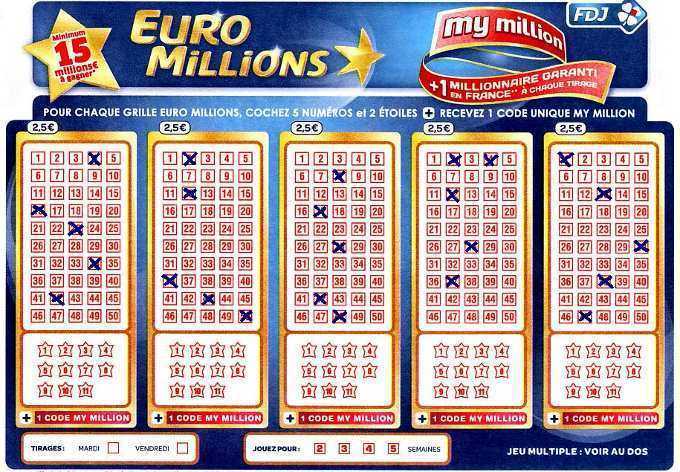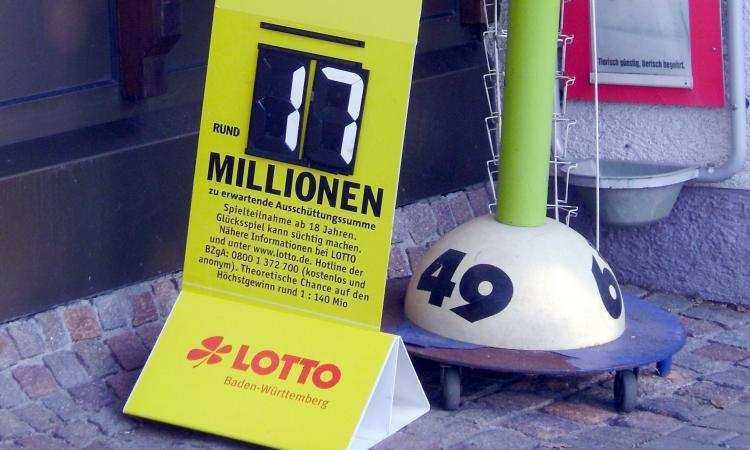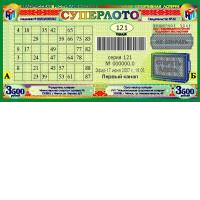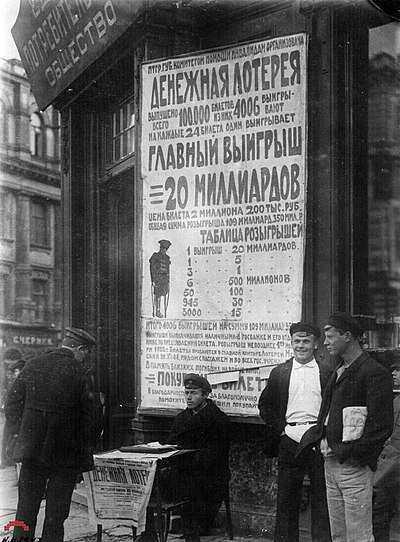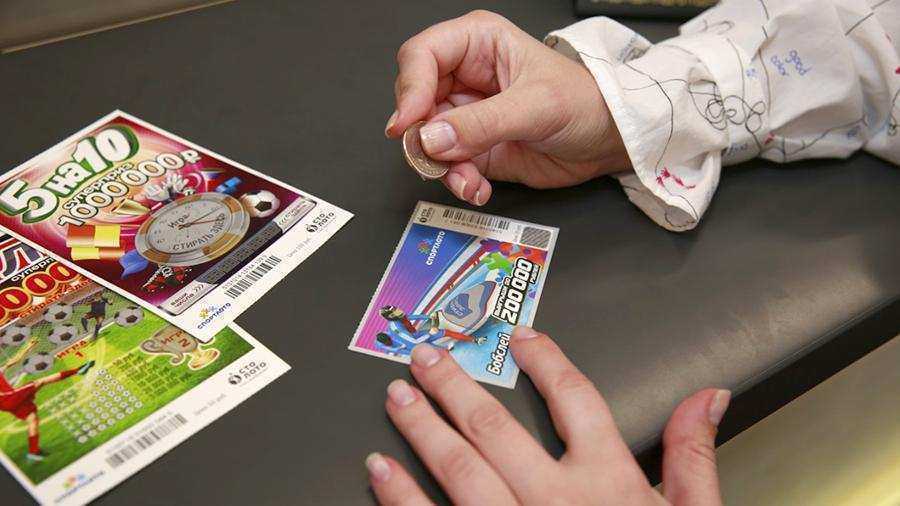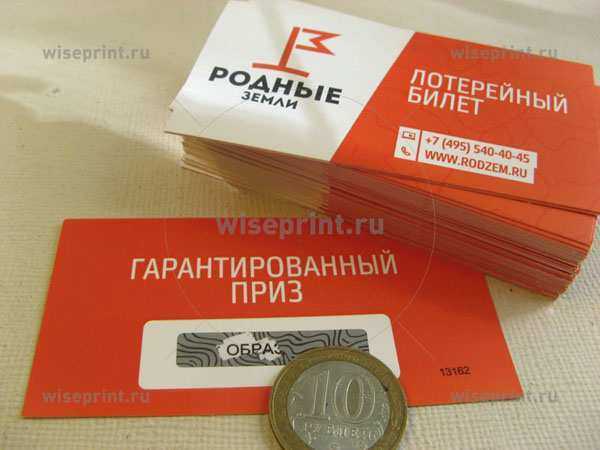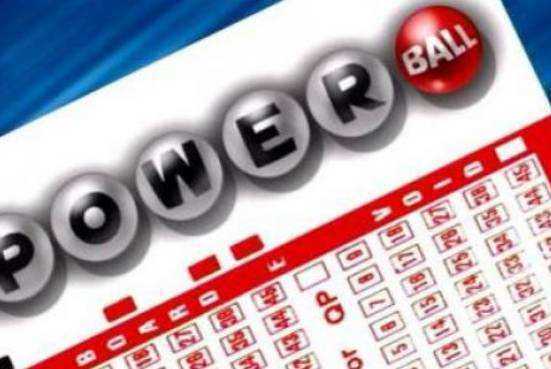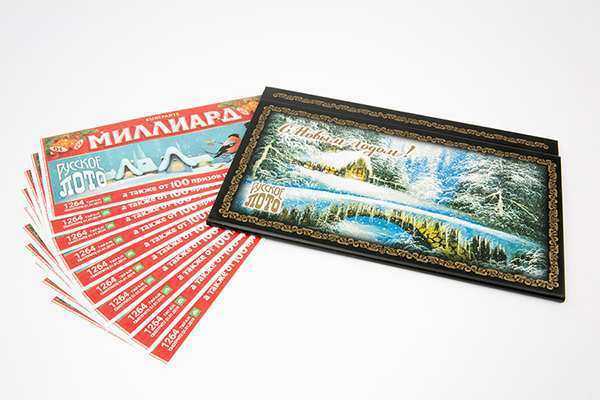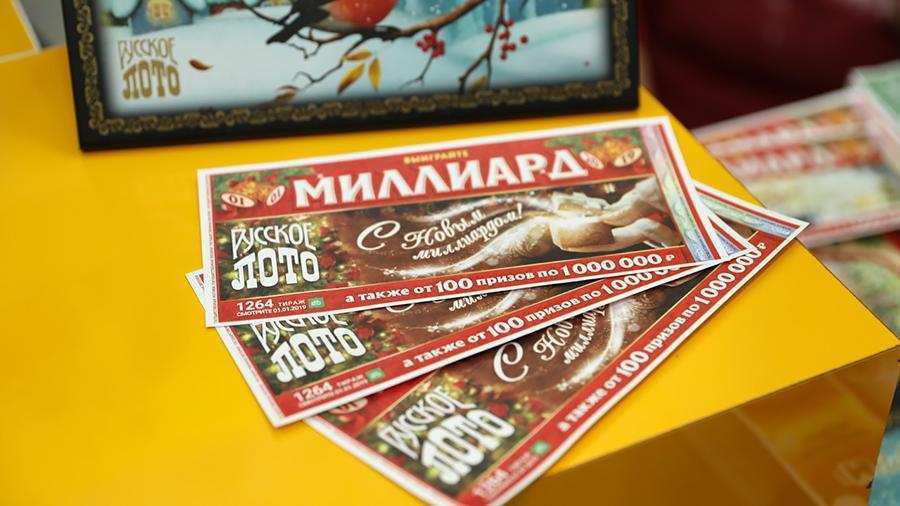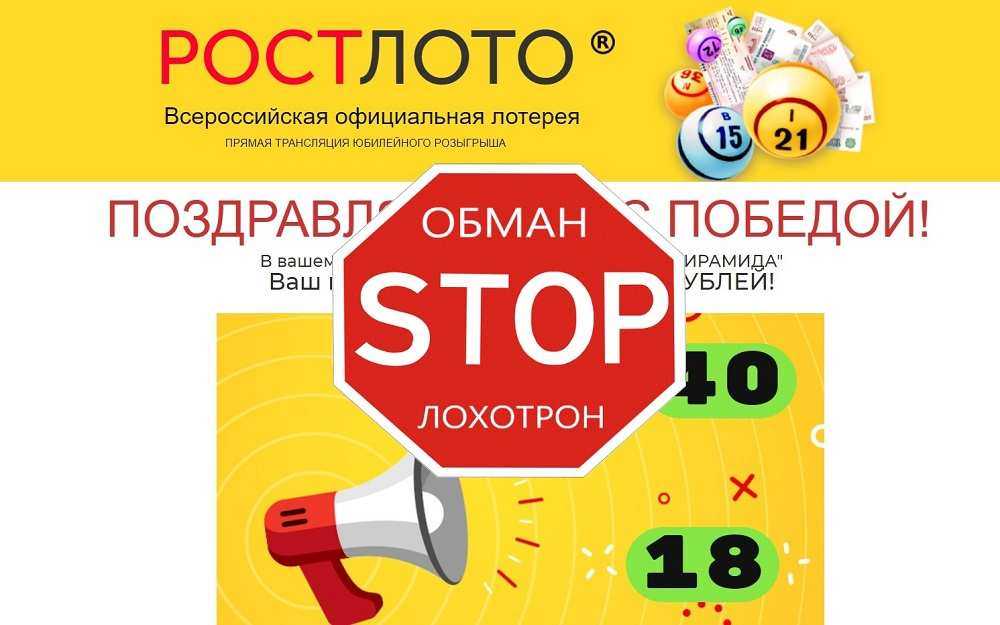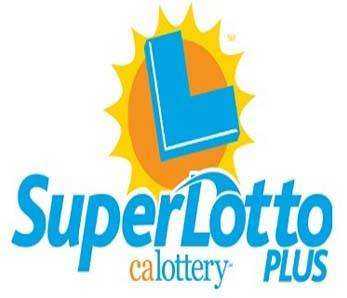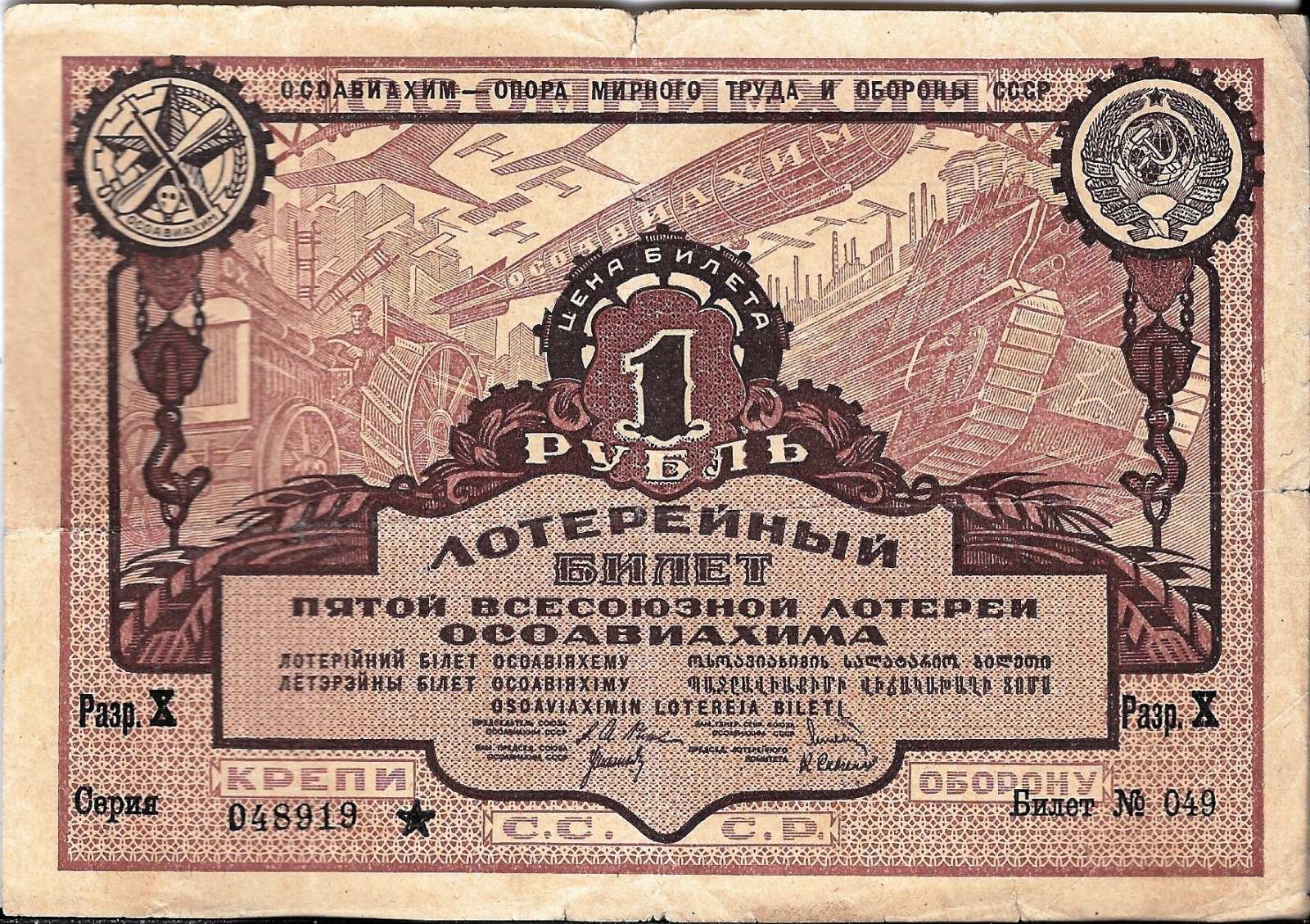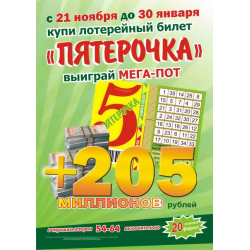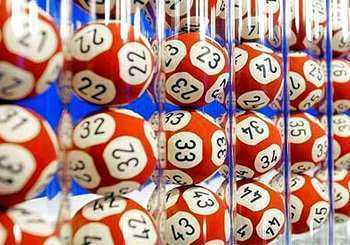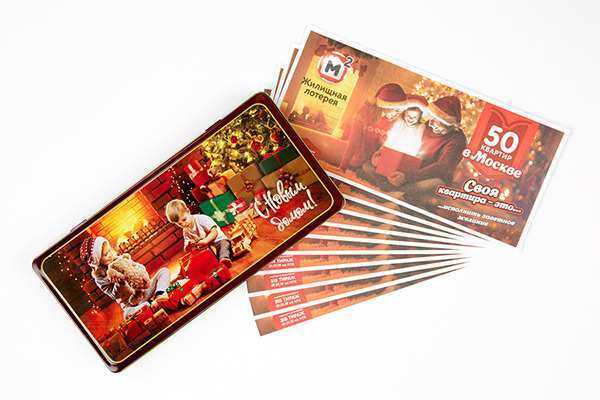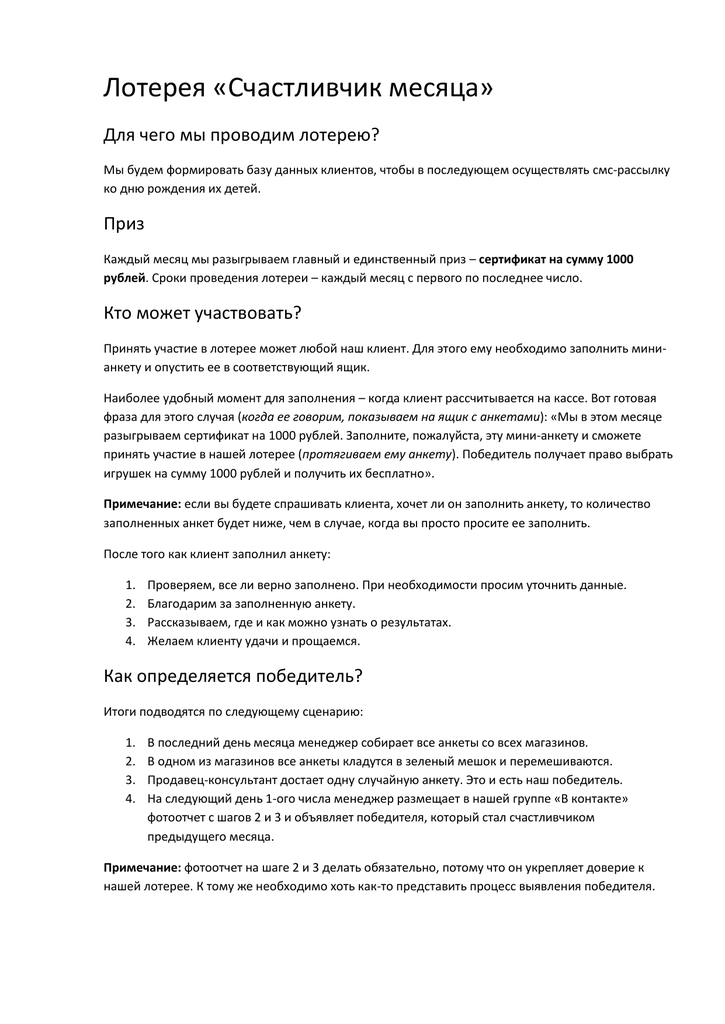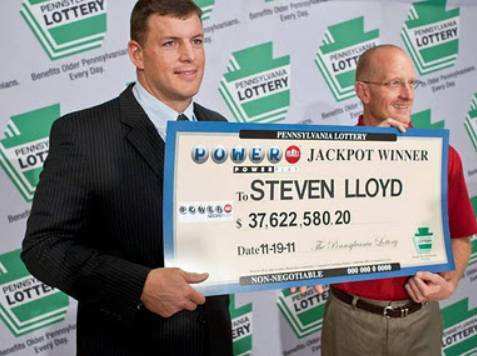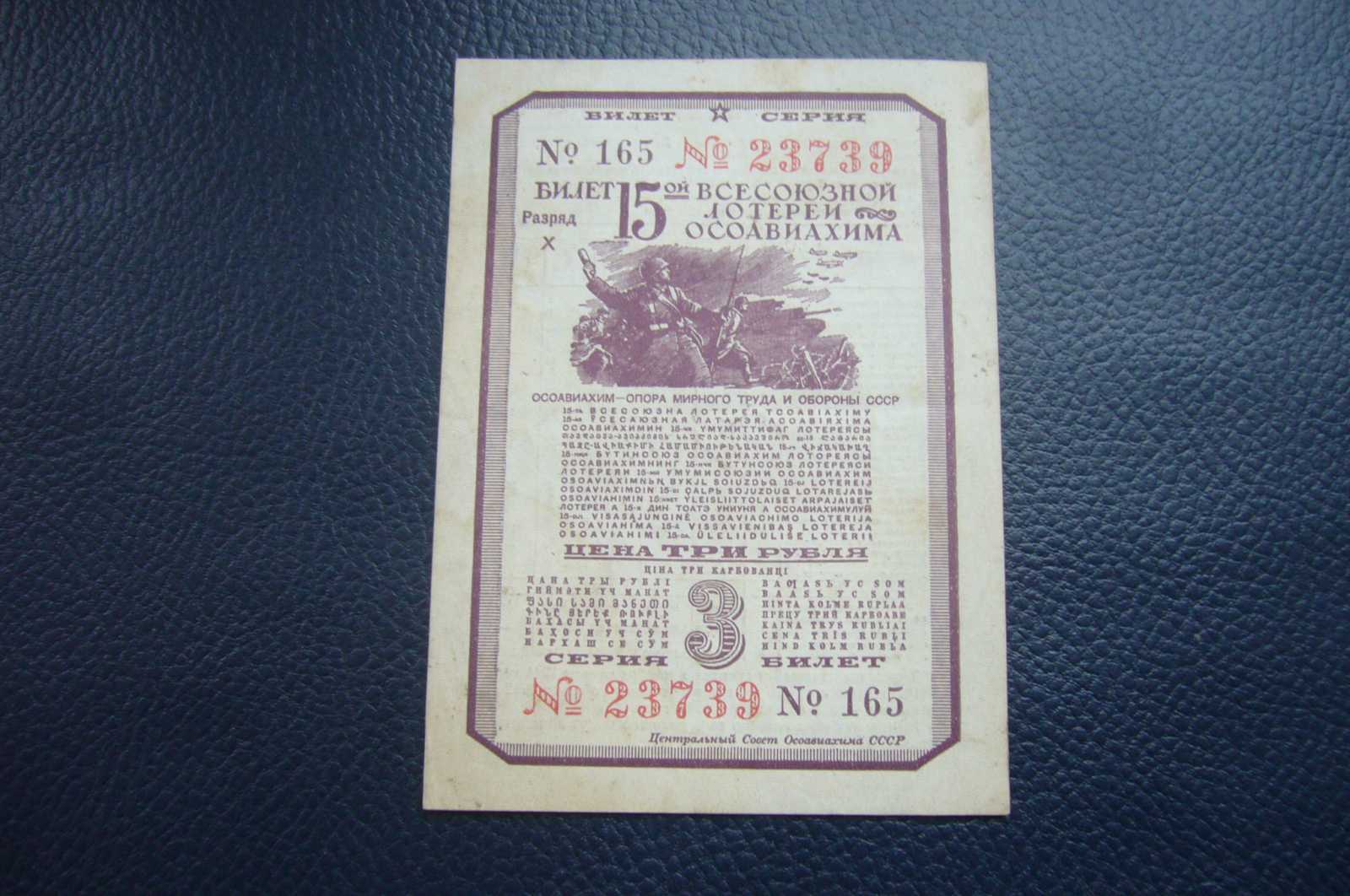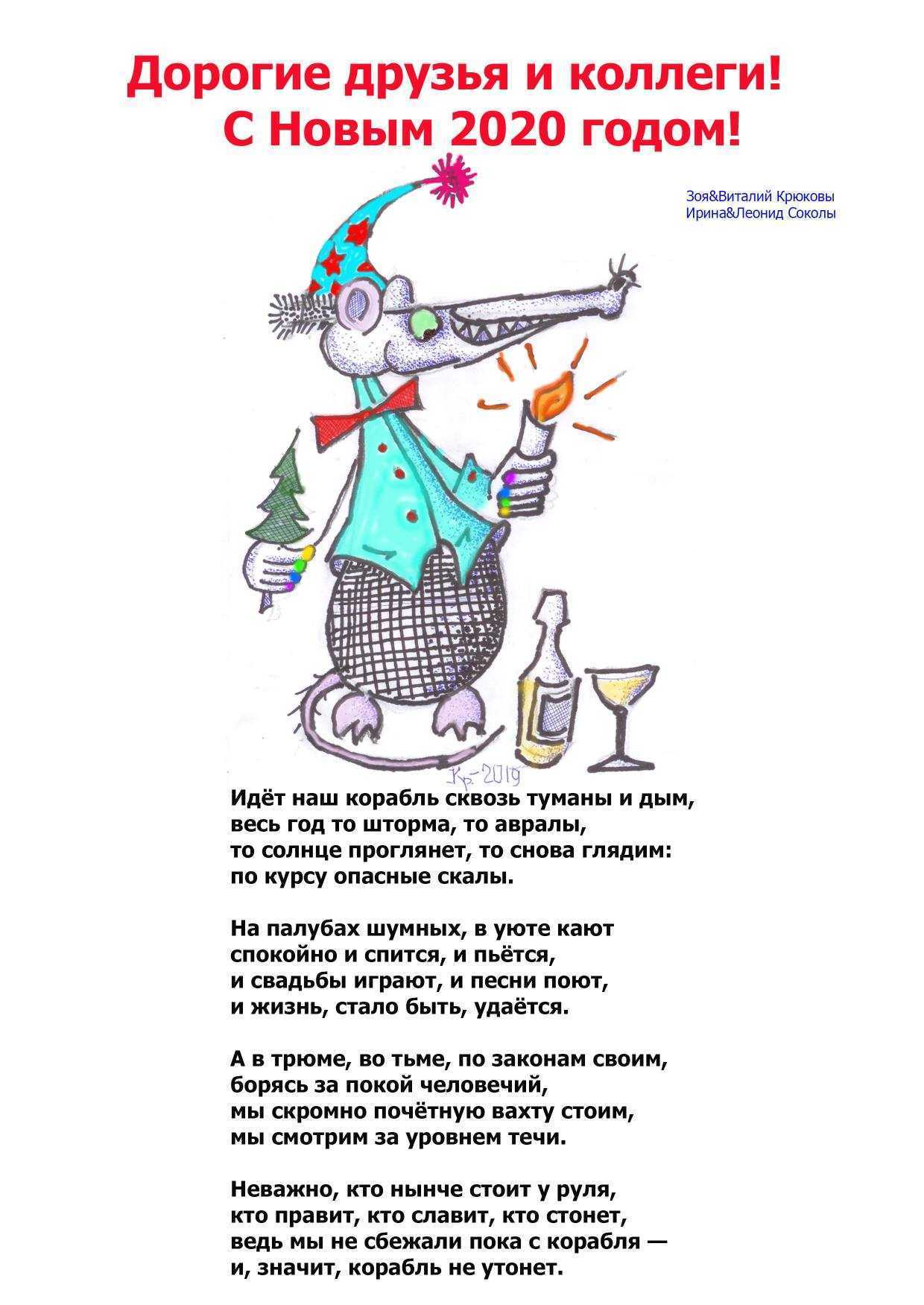General requirements for the lottery
The main requirement: at least half of the proceeds from ticket sales must go to the prize fund. If your equipment cannot meet this requirement for the draw, this technique cannot be used. The rest of the funds are distributed as follows:
- 6-8% - payment for printing tickets by typographic method;
- 10% - charity;
- near 25% - salary for ticket distributors
The remaining part is paid for office rent, employee salaries and other overhead costs.
To reduce the costs of holding the drawings, an entrepreneur may not buy lottery equipment (technical devices, with the help of which winning combinations of elements are generated). Instead, you can find the lottery operator. These companies have the necessary devices, which have been verified by regulatory authorities and found suitable for holding lotteries. In this case, you only sell tickets and give out prizes. When choosing such a scheme of work, keep in mind: both partners must obtain a license: and operator, and lottery organizer.
Audience of Russian lotteries
Detailed information about the audience and its behavior, disclosed in two presentations (2016 and 2017 year), consumer research for the Stoloto group of companies was carried out by GfK-Rus LLC. Screenshots from the mentioned presentations used below.
Participation in lottery draws, 2016 year (research by OOO GfK-Rus, screen from presentation)
Numbers, illustrating the number of lottery participants in 2016 are eloquent: number of Russians, who buy lottery tickets on a regular basis, extremely small. Total 16,3% took part in lotteries in the last two years. Wherein:
- 56,6% - have never taken part in lotteries
- 27,1% took part, but more than 2 years ago
IN 2017 number of Russians, addicted to lotteries, little has changed: only 17% of them spent their money for these purposes.
Participation in the lottery drawing, 2016 and 2017 year
Interesting, that a significant proportion of players (44%) never bought lottery tickets for the last (considered) month. At the same time, the segment of active participants (more 3 tickets per month) totaled only 10%. The study also notes, that the average cost of buying lottery tickets has increased significantly from 217 rubles in 2016 to 284 rubles in 2017. true, nowhere said, that this is just a result of price increases.
Therefore, bravura statements that, that Russians massively began to participate in lotteries is a myth, supported by concept substitution. The number of permanent participants in Russian lotteries remains extremely low, 2-3% Russians (17% in 2017 * 10% active players). This figure is ten times less than in most foreign countries., and less, than it was once in the Soviet Sportloto.
Where and when did the lottery appear?
The appearance of the first tickets and the lottery are inextricably linked. There are many versions of the origin of the lottery. According to the assumptions of some scientists, the appearance of jokes is associated with ancient Greece., but most of the history of occurrence is associated with Ancient China or Rome. Approximately at 100 year BC, when the Han dynasty was in power, a lottery was held in China, like the current Keno game. As a result, huge funds were received, launched on the Great Wall of China. The ancient Roman rulers Nero and Augustus loved to arrange lotteries during the holidays., where slaves and property were played. There were also free lotteries for plebeians. The appearance of the word "lottery". Linguists suggest its origin from the Frankish "hlot", ie. lot. In English, consider, what is the word "lot", ie. "Share". maybe, it was Italian lotto, what does fate mean. Indeed, in essence, this game depends a lot on luck, peculiar to individuals, either from an unexpected twist of fate.
The emergence of the lottery in Europe
February 1466 r. is the birth date of lottery games in Europe. At this time in g. Bruges (Belgium) the drawing took place, dedicated to the memory of the artist Jan Van Eyck. Its organizer was the artist's widow. Lottery funds donated to help those in need. Later lottery games, in which everyone took part, gained great popularity. All funds received were directed to the improvement of old and construction of new structures. To fill the state treasury, in 1520 year in France, a decree of King Francis was issued on the first lottery games in 5 large cities. IN 1530 r. Italian lottery was held in Florence, where the cash prizes were drawn for the first time. According to the decree from 1863 g., national lotteries are regularly held in Italy. But in France, the draws ceased to take place from the 1820s to 1933 r. To get out of the deep financial crisis with 1559 years there are lotteries in England. The funds received were used to repair ports, harbor, bridges and other structures were built. IN 1825 r. the British authorities refused to hold lottery games, because. it was demanded by the parliamentary opposition. Number lottery games were first held in Holland in 1726 year.
American lottery
IN 1612 r. the first lottery in America took place. The collected funds were used to equip the first colony, which was founded on the territory of today's USA. Lotteries evolved chaotically, corrupted, there have been numerous cases of fraud. US lotteries were prohibited by law in the 1870s. IN 1971 the first state. In the 1980s, the popular instant lottery series appeared. 1983—1990 г.г. — период расцвета государственных лотерей в разных странах, including in America.
The emergence of lotteries in Russia
During the reign of Peter the Great, watchmaker J. Gassenus organized the first lottery, into the state established by her decree Catherine II in 1782 year. State lotteries were also drawn in 1892 and 1914 years. In the first case, the funds were sent to help victims of crop failure, во втором — от войны. IN 1918 r. the Soviet government banned lotteries, as she considered them a relic of the past. IN 1921 r. financial instability and crop failures caused, that lotteries have been restored. In the following decades, many cash lotteries appeared.. IN 1970 r. appeared the sports-number lottery "Sportloto". Its format was based on the oldest number lottery "keno". Half of the proceeds went to support Soviet sports. Of 49 the player had to guess the numbers 6. Serial numbers have been assigned 49 sports. After the success of this lottery in 1976 r. game appeared 5 of 36, the proceeds from which were directed to the needs of the 1980 Olympics, а в 1986-м — 6 of 45, replaced 6 of 49. Today there are many different very attractive lotteries. To protect your rights, it is better to choose state lotteries.
Investments and profit
To hold a small-scale lottery, you will need at least a million rubles. Consider the cost structure in the table:
| Prize fund | Cost of one ticket | Circulation | Profit from ticket sales |
| 2 500 000 rub. | 50 rub. | 100 000 PC. | 5 000 000 |
This table does not include advertising costs, payment for the partner-operator, because in each case they will be different. So, the most expensive advertising is on television, and, if you decide to hold a draw on live TV, even on a local TV channel in a small town, be prepared for significant spending.
It will take a beginner about two months to prepare a lottery of this level.. With the acquisition of experience, the period will be reduced to a month.
You also need to take into account that, that a certain number of tickets may not be sold out. Sometimes there are unexpected expenses, therefore it may be necessary to increase the prize pool.





